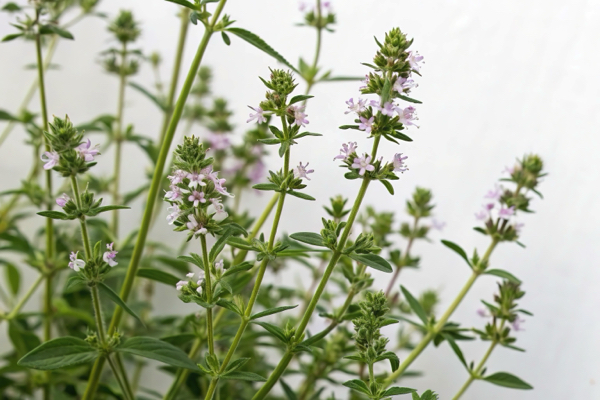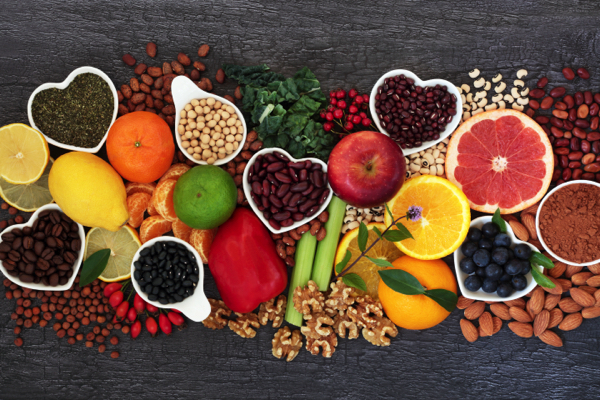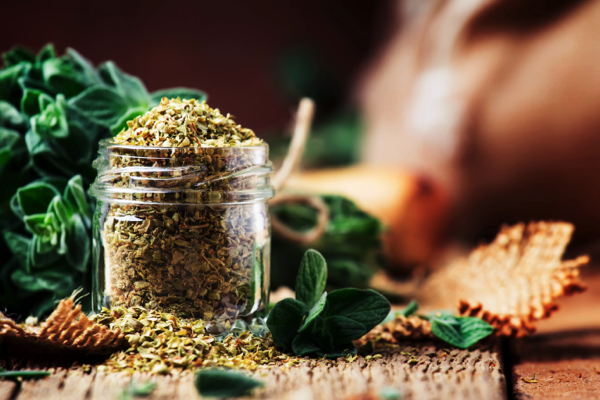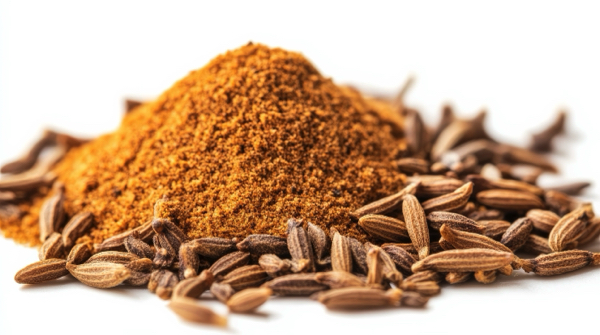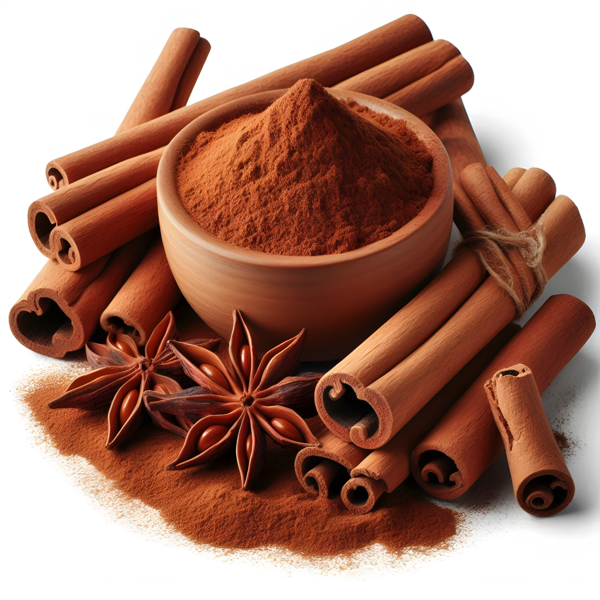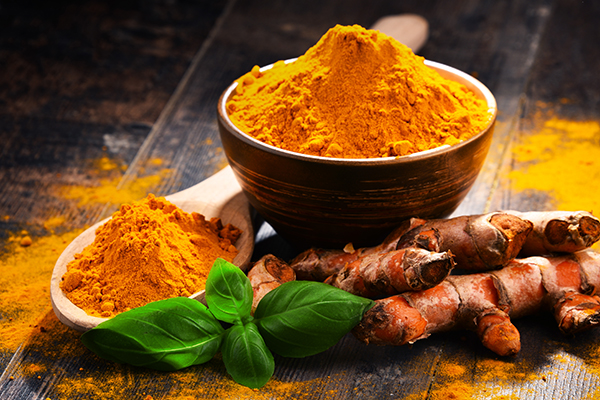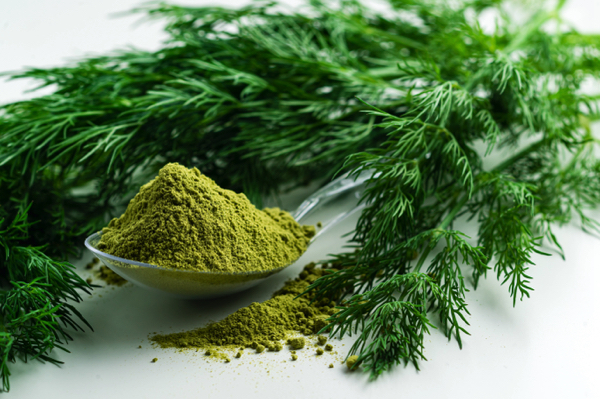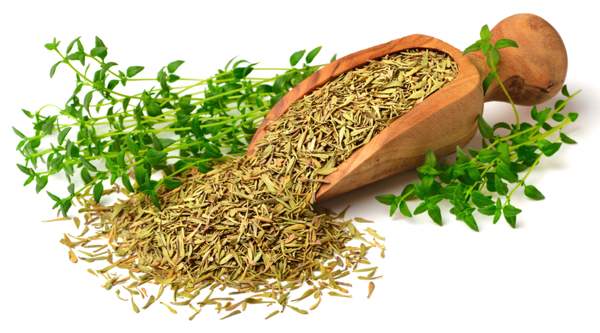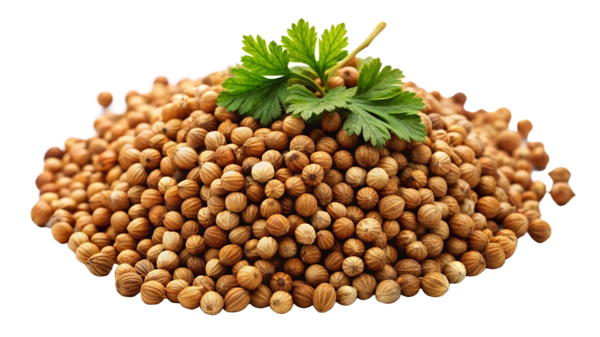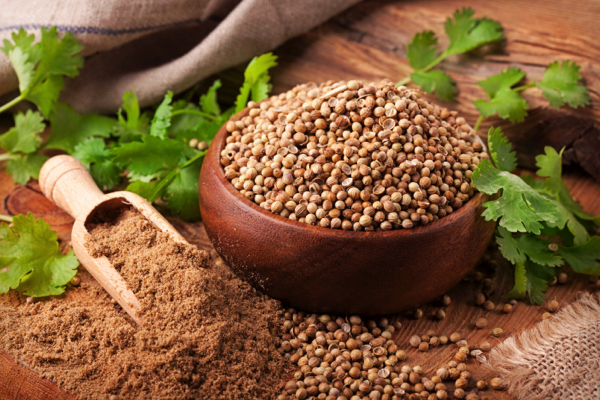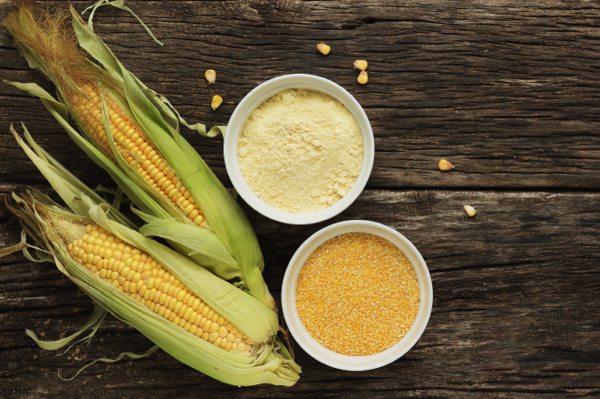Science-backed health benefits of ancient remedy GINGER
11/15/2024 / By Olivia Cook
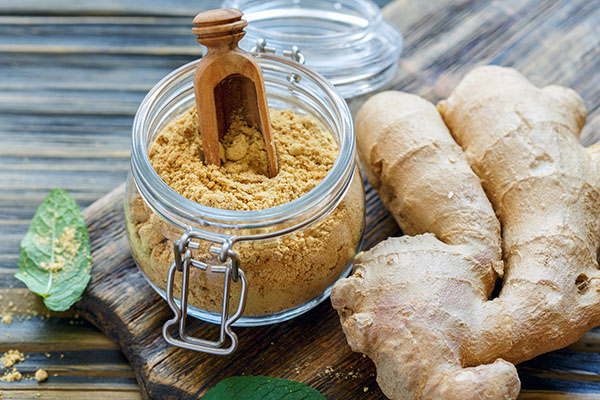
For thousands of years, ginger has captivated cultures across the globe with its powerful effects, unique taste and healing reputation. This knobby root with its pungent and peppery flavor is not just a kitchen staple – it is an ancient remedy revered in traditional medicine.
Now, science is beginning to confirm that ginger really offers a wealth of health benefits.
Bioactive components
Over 115 active elements have been identified in both fresh and dried ginger.
Fresh ginger, for instance, is loaded with compounds called gingerols, which are known for their strong, spicy flavor and a range of potential health benefits. But here’s the twist – when ginger is dried, some of these gingerols convert into shogaols, which are even more potent and offer unique health benefits of their own.
Antioxidant
In terms of antioxidant levels, ginger ranks right up there with superfoods like berries and pomegranates.
One fascinating aspect of ginger’s antioxidant action is its potential to protect against the damaging effects of nitric oxide (NO). While NO has essential functions in the body, it can also contribute to cell damage, especially under stressful conditions.
Studies show that ginger’s bioactive compounds – especially [6]-gingerol and [6]-shogaol – can lower nitric oxide production in response to stress, helping to prevent DNA damage and reduce inflammation. These compounds also seem to calm down specific enzymes, such as inducible nitric oxide synthase (iNOS), that fuel oxidative stress. Observed in lab studies, this action suggests that ginger may be beneficial for managing conditions where inflammation and oxidative stress are involved.
Anti-inflammatory
Studies suggest that ginger compounds may inhibit the production of molecules called leukotrienes and prostaglandins, which the body produces to promote inflammation.
One study found that [8]-gingerol, a close relative of [6]-gingerol, could inhibit cyclooxygenase-2 (COX-2), an enzyme activated during inflammation that is responsible for making prostaglandins. This effect is significant as COX-2 inhibitors are commonly used to relieve pain, particularly in arthritis.
In addition to prostaglandins, ginger compounds may also influence other powerful inflammatory molecules, including tumor necrosis factor-alpha (TNF-a) and interleukin-1 beta (IL-1-beta) – both of which play a major role in chronic inflammation. Ginger even reduced specific inflammatory markers in immune cells called macrophages, which play a crucial role in triggering inflammation.
Ginger may even provide relief for menstrual pain. In one clinical study, ginger capsules worked as effectively as common anti-inflammatory medications, such as ibuprofen and mefenamic acid, in women experiencing menstrual cramps.
Anti-nausea agent
Ginger is commonly recommended for nausea and vomiting in pregnancy, with studies showing that it is as effective as vitamin B6 (pyridoxine) and dimenhydrinate – with minimal to no adverse side effects. A systematic review confirmed that ginger is effective in reducing the severity of pregnancy-related nausea, without any negative impact on birth outcomes.
Research comparing ginger to dimenhydrinate (Dramamine) found that ginger was superior for reducing motion sickness symptoms, though some follow-up studies reported conflicting results.
Anticarcinogenic activities
Key ginger constituents, including gingerols, have been shown to suppress the growth of several cancer types by mechanisms, such as causing cell cycle arrest, inducing apoptosis (programmed cell death), inhibiting pathways related to cancer progression and reducing cell proliferation.
Ginger’s efficacy varies among cancer types, with notable effectiveness in breast, colorectal, pancreatic and skin cancers. In rodent models, ginger compounds have reduced tumor incidence and proliferation – notably in skin cancer where topical [6]-gingerols applications decreased tumor formation.
Conversely, some studies report ginger’s limited efficacy in specific cancer types, like bladder cancer, where it showed no significant protective effect and even increased tumor incidence in some models.
Cardiovascular health support
Research in animal models and some human studies indicated that ginger has several promising effects on cardiovascular health – showing the potential to influence blood pressure and cholesterol, lowering inflammation and reducing oxidative stress. However, findings from human trials are not yet consistent and more research is needed to validate these benefits.
Animal studies highlight ginger’s ability to lower blood pressure and reduce lipid (fat) oxidation – potentially offering protective effects against atherosclerosis.
One clinical trial demonstrated that ginger consumption reduced low-density lipoprotein or LDL (bad cholesterol), triglycerides and total cholesterol while increasing high-density lipoprotein or HDL (good cholesterol) in humans.
Animal studies report similar findings, where ginger reduced cholesterol and prevented the formation of atherosclerotic lesions – notably in studies with mice and rabbits.
Gingerols and shogaols in ginger have shown antiplatelet effects – potentially reducing blood clot formation, which is crucial for heart disease prevention. Studies comparing ginger with aspirin found that ginger compounds, while less potent, might offer antiplatelet benefits with fewer side effects.
Some research suggests that ginger may enhance fibrinolytic activity – supporting the dissolution of blood clots, which is beneficial in coronary heart disease management.
Despite these potential benefits, there are concerns regarding ginger’s interaction with blood-thinning medications. Some studies warn that ginger could increase bleeding risk – particularly with drugs like warfarin – although this is not universally observed. More robust clinical trials are required to clarify these interactions and confirm safety.
Asthma and respiratory health support
Ginger has traditionally been used in respiratory treatments, with studies supporting its role in alleviating asthma symptoms by reducing airway inflammation and hypersensitivity. Certain ginger compounds appear to block calcium signaling in airway smooth muscle cells – helping to relax the airways and inhibit spasms.
Studies in mouse models of asthma reveal that ginger extract can suppress the immune response associated with asthma – particularly by reducing eosinophil recruitment to the lungs, which plays a role in allergic inflammation.
Antidiabetic effect
Diabetic rats fed ginger exhibited better glucose tolerance. Active components like [6]-gingerol and [6]-shogaol have shown specific mechanisms for improving insulin action. [6]-gingerol enhances glucose uptake by activating peroxisome proliferator-activated receptors (PPARs), while [6]-shogaol suppresses inflammatory signaling pathways, which are often elevated in insulin resistance.
Neurological benefits
Ginger is being investigated for potential benefits in neurodegenerative conditions like dementia and Alzheimer’s disease. Some studies suggest ginger’s antioxidant and anti-inflammatory properties could be protective, although most of them are in early stages.
Visit Herbs.news for more on ginger and other medicinal spices.
Watch this video to learn how ginger addresses lung congestion.
This video is from the What is Happening channel on Brighteon.com.
More related stories:
Ginger found to help lower risk of hypertension and coronary heart disease.
Thai black ginger found to delay arthritis progression and suppress inflammation.
Sources include:
Submit a correction >>
Tagged Under:
alternative medicine, anti-inflammatory, antioxidants, food cures, food is medicine, food science, functional food, ginger, gingerols, herbal medicine, Herbs, natural cures, natural health, natural medicine, natural remedies, Naturopathy, phytonutrients, shogaols
This article may contain statements that reflect the opinion of the author
RECENT NEWS & ARTICLES
FoodIsMedicine.com is a fact-based public education website published by Food Is Medicine Features, LLC.
All content copyright © 2018 by Food Is Medicine Features, LLC.
Contact Us with Tips or Corrections
All trademarks, registered trademarks and servicemarks mentioned on this site are the property of their respective owners.

